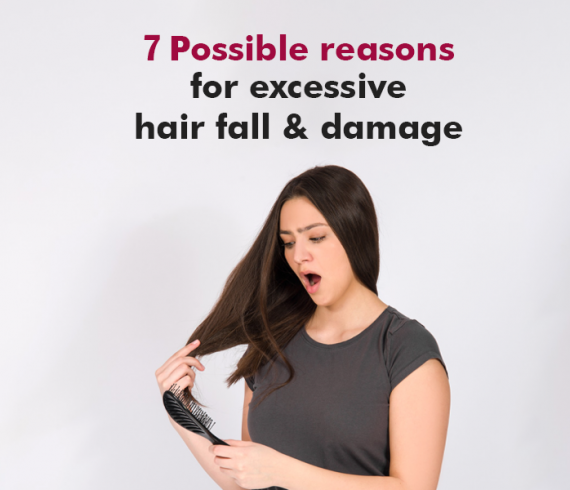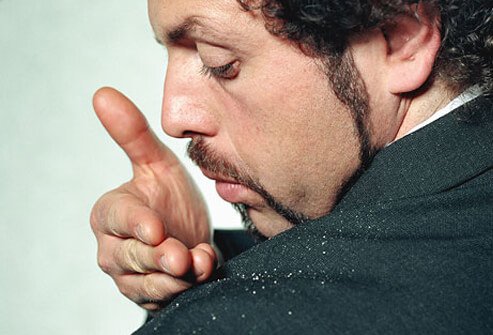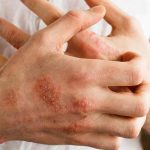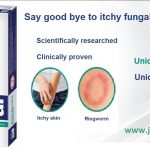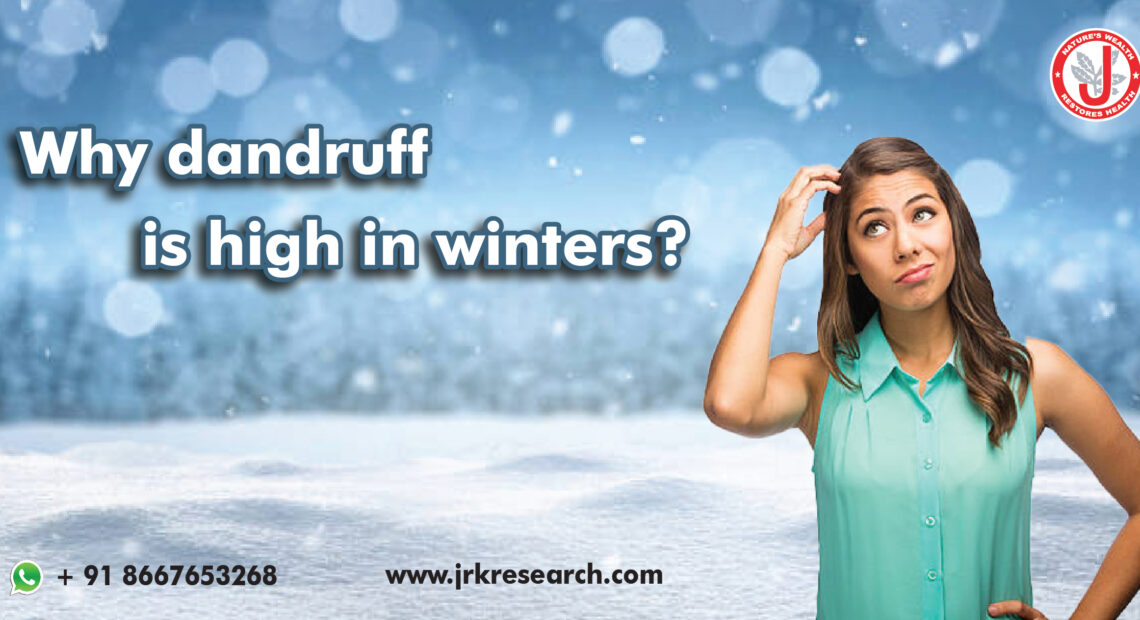

During winter, the air is dry and devoid of moisture. This causes dryness of the skin as well as the scalp. The scalp, when dry, becomes flaky, which makes certain microorganisms easier for dandruff to thrive. Therefore, this is the result of a combination of things—dry, cold air and an abundance of the Malassezia fungus.

Dandruff gets worse because of dry and cold air. Dandruff can be annoying, especially when those flakes fall on your dark wintry clothes which are due to variety of factors:
Air temperature: The microbes that are responsible for causing dandruff are more powerful at dry temperatures. The drying forces of cold winter air and overheated indoor spaces can upset moisture balances in the skin, thus becoming more prone to dandruff.

Seasonal stress: Some people experience greater stress and fatigue during the winter, which can trigger scalp conditions. Increased levels of stress can trigger dandruff. When our cortisol, the stress hormone, rises, it triggers inflammation and sebum production. If the sebum builds up on the scalp, that can lead to dandruff.

Yeast overgrowth: Dandruff often stems from Malassezia, a fungus that commonly lives on the scalp and feeds on the oils secreted by hair follicles. Malassezia, a fungal species predominantly found during colder months of the year.
Malassezia is not usually a problem, but in some people the immune system overreacts to it. This can cause the scalp to become irritated and produce extra skin cells. As these extra skin cells die and fall off, they mix with the oil from the hair and scalp to form dandruff.

Winter allergies: As exposure to indoor allergens like dust mites and mold increases, winter allergies can kick in causing dry skin. Dry skin is one of the most common causes of dandruff. This can happen when you’re not getting enough fluids. As a result, your scalp’s natural oils be stripped and more susceptible to have dry scalp leading to dandruff.

Imbalances in the body: Changes in diet and seasonal hormonal variation may also play a role. Dandruff is often attributed to the Candida yeast, and sugary foods promote the overgrowth of this yeast.
Sugar also depletes the body of vitamin B, which is an essential component of an anti-dandruff diet. Reduce your sugar intake and avoid processed foods high in sugar content.

Multiple factors: A combination of the above factors (and others) can contribute to fluctuations in the severity of symptoms.
POTENT REMEDIES
All you have to do is indulge in some hair care hacks to ensure your scalp stays clean, hydrated and healthy.
Avoid heat styling tools
Heat styling tools like straightening irons, blow dryers etc. whisk away any moisture left behind on your scalp, thus making your scalp appear excessively dry. This further leads to a rise in white flakes and itching on your scalp. Avoiding the usage of heat styling tools will not only save your tresses but also your scalp from damage.
Frequent hot oil treatments
Hot oil treatments are the best way to keep your scalp nourished and dandruff-free. Tea tree oil or jojoba oil when combined with coconut oil makes a potent combination to get rid of dandruff easily.
Furthermore, massaging warm herbal anti-dandruff oil fortified with the extracts containing antifungal properties helps prevent recurrence of dandruff and controls itching and associated hair loss.

Shampoo & Condition often
The primary cause behind the development of dandruff is dry scalp. Dry scalp usually tends to flake and itch more than an oily scalp. This is where the need for a good conditioner arises. That too having inbuilt conditioner in anti-dandruff shampoos is a boon for dandruff treatment.
Washing your hair with gentle cleansers and massaging the scalp can help reduce those pesky flakes. Conditioning your hair often allows your scalp and manes to hold the moisture within locks, thus lending you nourished scalp and lustrous tresses.

Opt for an anti-dandruff shampoo
Switching from normal shampoo to a dandruff control shampoo is one of the most basic yet largely effectual steps to get rid of dandruff. Numerous studies elaborate that using an anti-dandruff shampoo is sufficient for someone experiencing dandruff due to fungal infections.
A dandruff control shampoo helps to treat stubborn dandruff easily without drying your scalp. An anti-dandruff shampoo containing key ingredients like Acacia sinuate (Shikakai), Trigonella foenum (fenugreek), Hibiscus rosa sinensis, Aloe vera, Psoralea corylifolia (Babchi) will show best results when curbing the pesky white flakes.

In order to achieve a good hair & scalp health use natural and chemical free product. Use of herbal medicated products serves the purpose right with no side effects.
Dano anti-dandruff oil – It comes with a soothing formula which easily calms the irritation, and at the same time, provide healthy hair which is 100% flake free.
With the addition to calming down the irritation, it also reduces the redness. Effectively targets the dryness, and at the same time, keeps the scalp healthy and hair, the beautiful.

Lumina Herbal Shampoo – Be 100% dandruff free!
Lumina Herbal Shampoo removes dandruff, and nourishes and strengthens hair roots, ensuring a healthy scalp. Natural ingredients help moisturize the hair, preventing dryness.
It’s not just any dandruff-cleansing shampoo. It is fortified with the goodness of earth’s finest herbs like aloe vera, Hibiscus, fenugreek, Ciyakkai, Avuri. Meaning, it nourishes the driest of a scalp and adds moisture to your hair while cleaning white flakes.

It treats damaged hair in just few applications. It makes a perfect anti-dandruff shampoo for an everyday wash.

